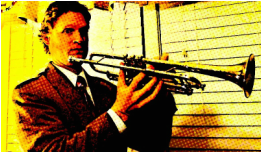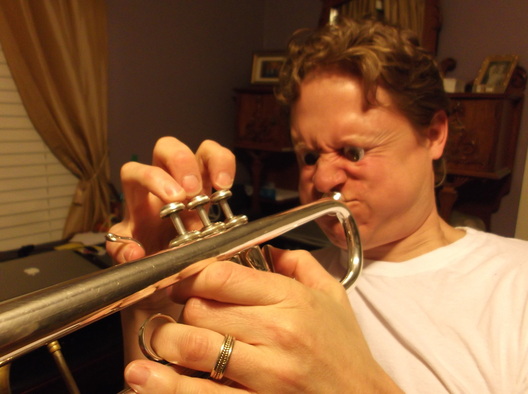When we are learning something new, we can easily get that feeling of pride when we’ve understood. We think we have really done something, and we have, but it is really only the beginning of something. We think because we have conceived that we have achieved.
I like to say that,” knowing and doing are two different things.” Truly, the easier thing is to understand. Understanding is really only the beginning of a thing while doing it is the middle, the meat of the sandwich. The end is completion, which can also feel like the whole thing, but is in reality just as thin of a slice as the beginning.
Ok, now that I’ve said it I feel convicted, you?
When I am listening to the sermon, I can get that feeling of accomplishment just from understanding what is being said. What accomplishment is that really? Certainly it is the beginning on the right path, a necessary entranceway, but getting to the starting line with the right clothes on does not count for running the race.
When somebody tells me something that I already know, I can get to feeling short with them," I know. I know!” Often, what I’m being told is that I am not doing it, so the telling was not new information but a reminder to apply what I already “know.”
If we get tired of hearing the same things, we should do differently. Now that’s tough, eh?
I like to say that,” knowing and doing are two different things.” Truly, the easier thing is to understand. Understanding is really only the beginning of a thing while doing it is the middle, the meat of the sandwich. The end is completion, which can also feel like the whole thing, but is in reality just as thin of a slice as the beginning.
Ok, now that I’ve said it I feel convicted, you?
When I am listening to the sermon, I can get that feeling of accomplishment just from understanding what is being said. What accomplishment is that really? Certainly it is the beginning on the right path, a necessary entranceway, but getting to the starting line with the right clothes on does not count for running the race.
When somebody tells me something that I already know, I can get to feeling short with them," I know. I know!” Often, what I’m being told is that I am not doing it, so the telling was not new information but a reminder to apply what I already “know.”
If we get tired of hearing the same things, we should do differently. Now that’s tough, eh?


 RSS Feed
RSS Feed
